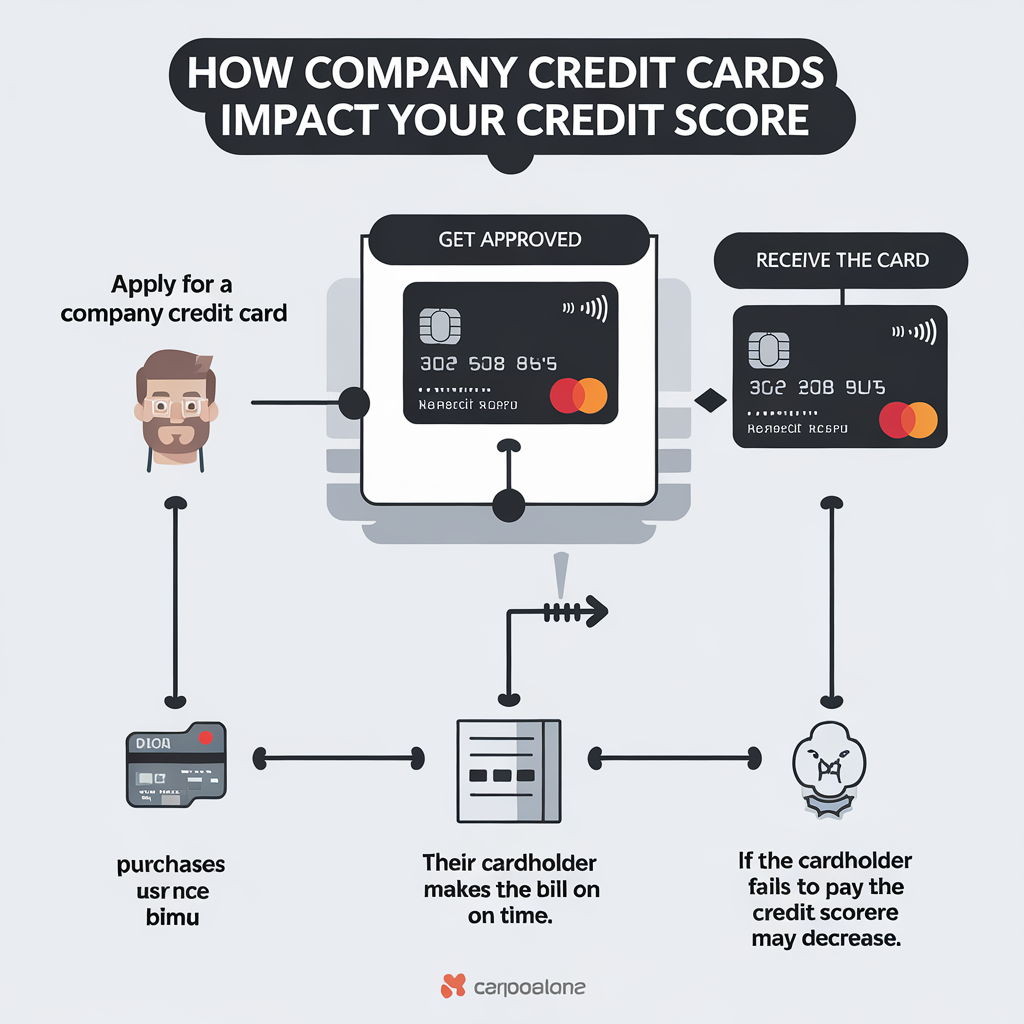Understanding Balance Transfer Fees: A Comprehensive Guide
At O1ne Mortgage, we prioritize consumer credit and finance education. This blog aims to provide an objective view to help you make the best decisions regarding balance transfer fees. If you have any mortgage service needs, feel free to call us at 213-732-3074. Our team is here to assist you!
What Is a Balance Transfer Fee?
A balance transfer credit card can be a powerful tool to manage debt by moving high-interest balances to a new credit card with a 0% or low introductory annual percentage rate (APR). While these cards can save you substantial interest, they often come with a balance transfer fee. This fee is charged by the credit card issuer for transferring debt from one credit card to another.
When you transfer an outstanding balance to your new credit card or use the card to pay off a loan, a balance transfer fee is added to the balance on your new card. Typically, balance transfer fees range from 3% to 5% of the amount being transferred or a flat dollar amount of $5 to $10, whichever is greater. Before making a balance transfer, it’s crucial to consider whether the savings from the balance transfer card’s low introductory APR outweigh the balance transfer fee.
What Is a Good Balance Transfer Fee?
If you can’t find a credit card without a balance transfer fee, a 3% fee is generally considered good. Choosing a card with a lower balance transfer fee helps you keep the cost of your balance transfer to a minimum, making it easier to pay off the balance on your new credit card. To find a card’s balance transfer fee, visit the card issuer’s website or check the card’s “rates and fees” or “terms and conditions” document before applying.
How to Avoid Balance Transfer Fees
You can avoid balance transfer fees by choosing a balance transfer credit card that doesn’t charge them. Cards with a $0 balance transfer fee are rare these days, but you may have the best chance of finding one at a credit union.
Is a Balance Transfer Fee Worth It?
A balance transfer fee can be worth it if the amount you save on interest exceeds the balance transfer fee, and if you commit to paying off the balance before the card’s low introductory APR expires.
For example, suppose you have a $5,000 balance on a credit card with an APR of 22.75%. If you put $300 a month toward the card and make no new charges, you can pay off your balance in 21 months, but you’ll pay about $1,021 in interest. However, if you transfer the $5,000 to a card with a 0% introductory APR for 21 months, you can wipe out the debt in 21 monthly payments of just $238, without paying any interest.
Before you apply for a balance transfer card, calculate the balance transfer fee for the amount you plan to transfer. Here’s how a $5,000 balance transfer adds up for two different cards:
- 3% balance transfer fee: $150
- 5% balance transfer fee: $250
In addition to the balance transfer fee, consider the following:
- How long the introductory APR period lasts: A longer promotional period gives you more time to pay off your balance.
- What the APR will be after the promotional period ends: Any remaining balance when your promotional period ends will start to incur interest at the card’s standard APR. This number is typically listed as a range on the credit card agreement.
- Any other fees the card charges: These can include annual fees, foreign transaction fees, or late fees.
- Any time limit for completing or requesting a balance transfer: You generally must initiate or complete a balance transfer within a certain number of days or billing cycles to qualify for the promotional APR.
You can find all of this information in the card’s “Terms and Conditions,” “Rates and Fees,” or “Cardmember Agreement,” which should be available on the card issuer’s website.
The Bottom Line
Getting the most from a balance transfer card requires committing to paying your balance off before your card’s low introductory APR expires. Reading each card’s terms and conditions carefully before you apply will help you select the card that best fits your needs.
Many 0% introductory APR balance transfer cards require good to excellent credit. Checking your credit report and credit score before applying for a credit card can alert you to any problems that need your attention.
At O1ne Mortgage, we are dedicated to helping you make informed financial decisions. If you have any questions or need assistance with mortgage services, don’t hesitate to call us at 213-732-3074. Our team of experts is ready to help you navigate your financial journey with confidence.







